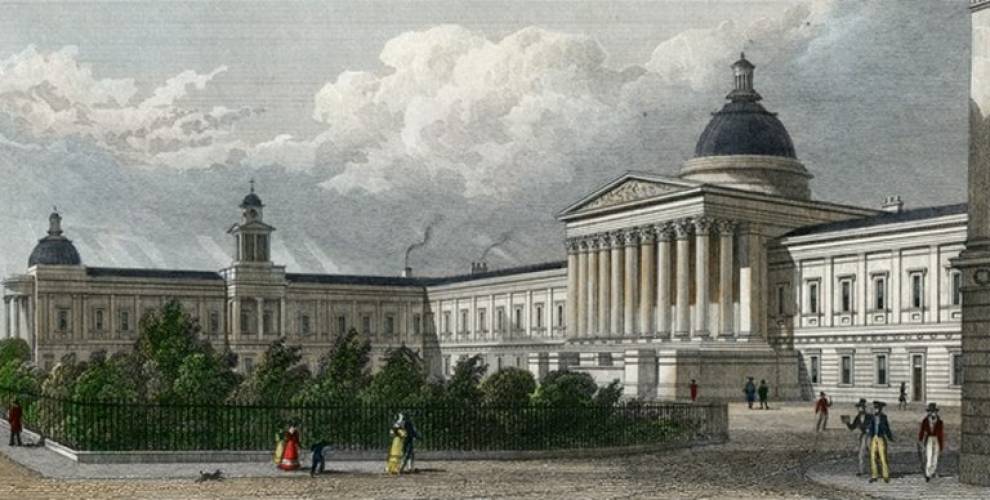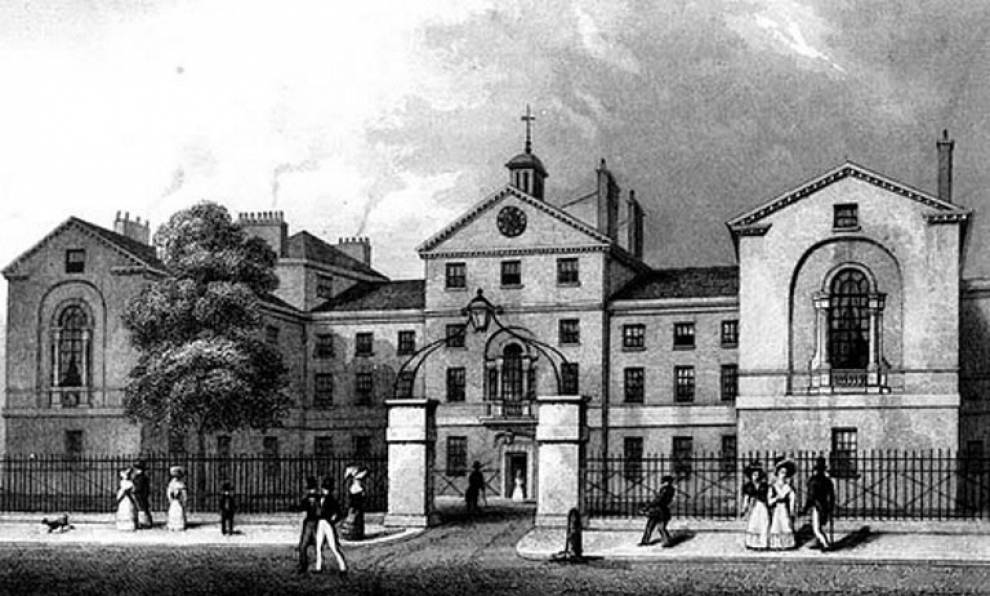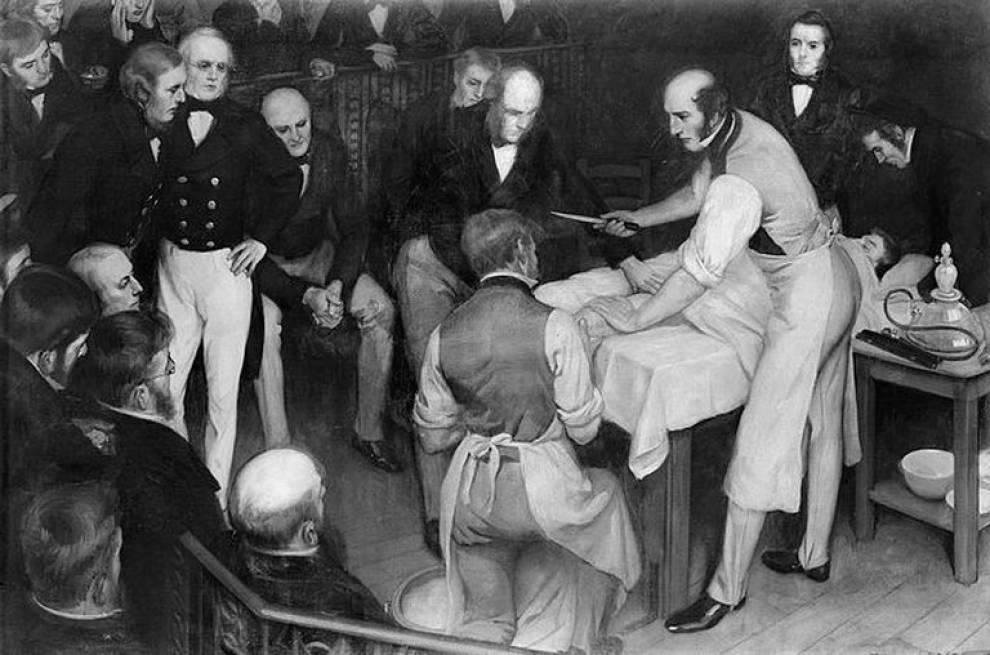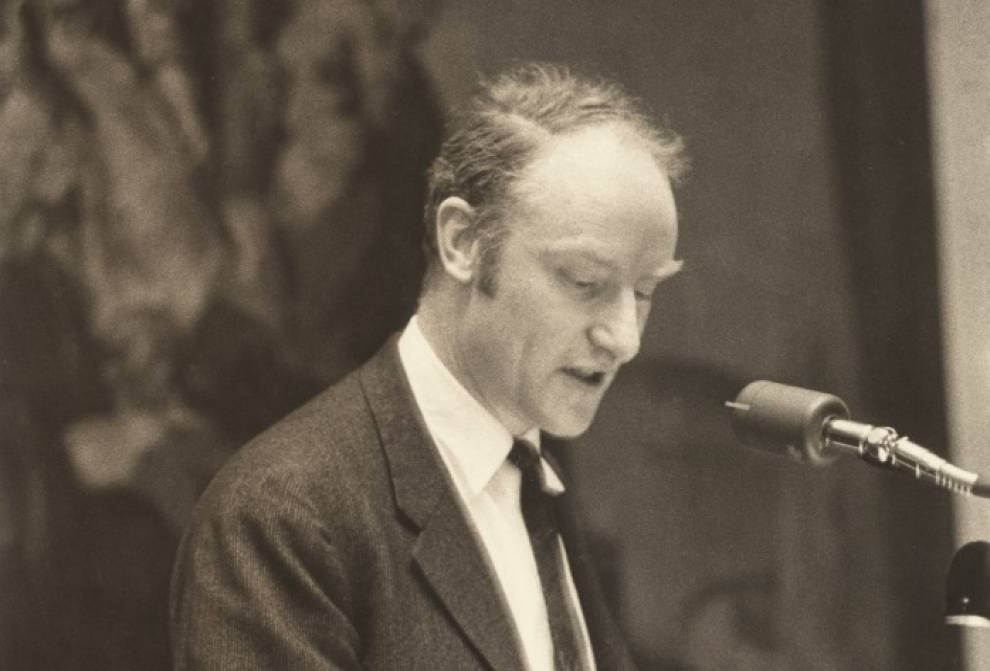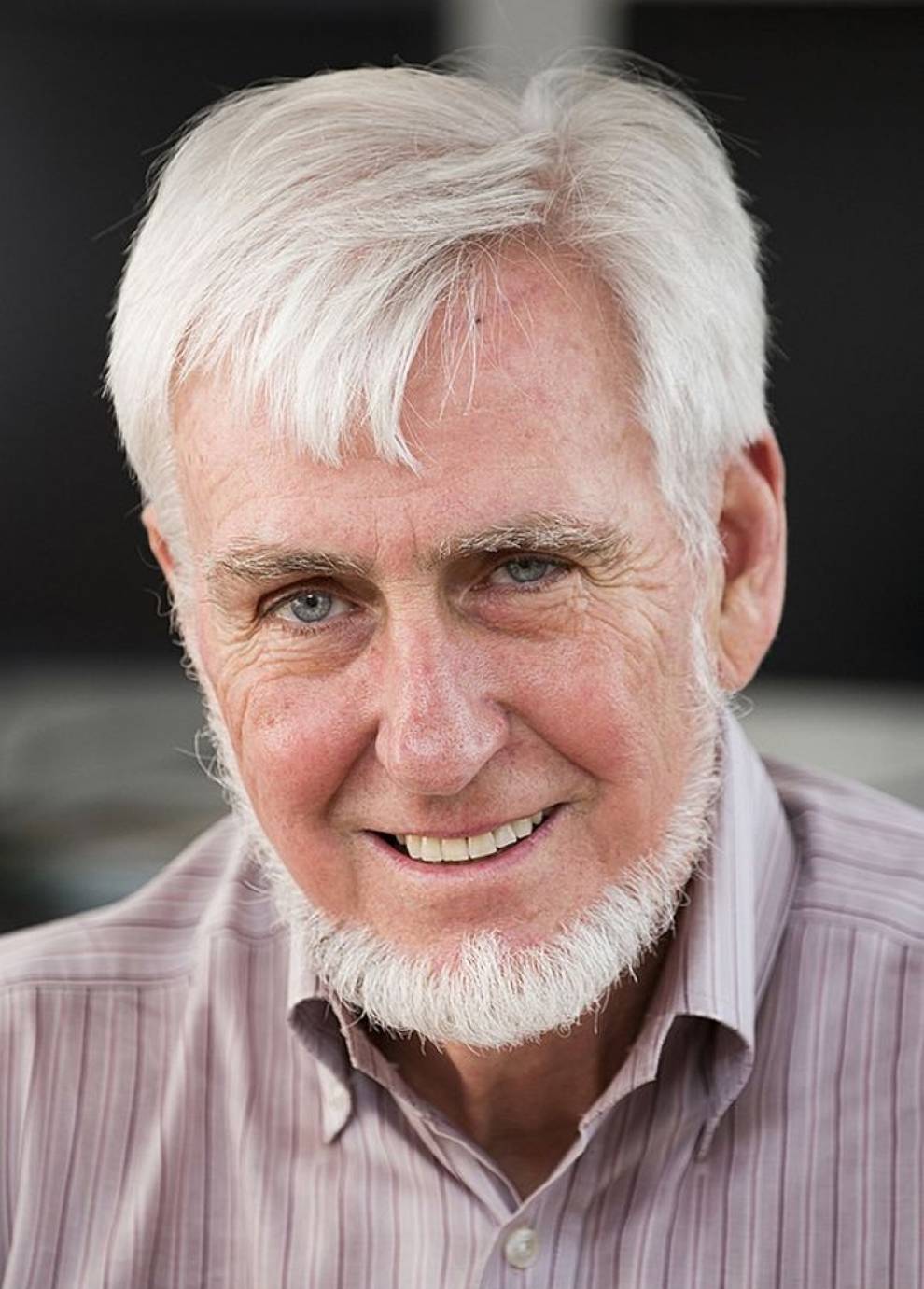UCL first offered courses in medicine in 1834.
We are now now a major biomedical research centre and a global leader in medical and health research. We blend research and teaching in medicine with advances in clinical care and population health through partnership with four world-class London hospitals and the wider health community.
In 2011, the School of Life & Medical Sciences, incorporating UCL Medical School, established four UCL faculties representing one of the largest and most prestigious aggregations of academics in biomedical, life and population health sciences. The school has a global reputation for teaching informed by cutting-edge research.
Our Medical School has emerged from the amalgamation of a number of prestigious institutions over a period of some years. These are the medical schools of the Middlesex Hospital, University College Hospital and the Royal Free Hospital.
Some key dates
1746The Middlesex Hospital starts training doctors. |
1826UCL is founded under the name London University. |
1830Professor of Psychiatry at UCL John Conolly revolutionises the treatment of mentally ill patients, overturning the harsh practice of mechanically restraining patients. |
1834University College Hospital opens; the only one in London to be built to provide a university faculty with a hospital for teaching purposes. |
1846Robert Liston, Professor of Clinical Surgery at UCL, performs the first operation under anaesthetic in Europe. This is one of the most striking advances in the history of surgery. |
1874The Royal Free opens as the London School of Medicine for Women, the first medical school to admit women students. |
1921Former student Marie Stopes opens the first ever family planning clinic in London. It makes one of the greatest social impacts of the 20th century. |
1922UCL physiologist Archibald Vivian Hill wins the Nobel Prize for Medicine for his discovery relating to the production of heat in the muscle. Hill shared the prize with German scientist Otto Fritz Meyerhof. |
1962Former student Francis Crick (UCL Physics 1937) and James Watson identified the DNA double helix, and are awarded the Nobel Prize. Their work forms the basis of the human genome project. |
1963Andrew Huxley, then Head of UCL Physiology, wins a Nobel Prize alongside Sir John Eccles and Alan L Hodgkin for their discoveries concerning the electrical impulses that enable the activity of organisms to be coordinated by a central nervous system. |
1964Michael Epstein, Yvonne Barr and Bert Achong identified the EpsteinBarr virus - responsible for glandular fever - at the UCL Medical School, Middlesex Hospital. |
1970Bernard Katz, former Head of UCL Biophysics, is awarded a Nobel Prize for discoveries concerning how neurotransmitters are released at synapses - the junctions across which nerve cells signal to each other and to other types of cells. |
1984UCL's Professor Robin Weiss and colleagues discover that the CD4 molecule on lymphocytes is the binding receptor for HIV, crucial to early understanding of how HIV infects cells. |
1987University College Hospital Medical School merges with the Middlesex Hospital Medical School. |
1988Sir James Black, former Head of UCL Pharmacology, receives a Nobel Prize for work leading to the development of betablocker drugs propranolol and cimetidine, used to treat hypertension and stomach ulcers respectively. |
1998University College Hospital Medical School merges with the Royal Free Hospital Medical School. |
2007Sir Martin Evans, UCL Anatomy & Developmental Biology staff member 1966-1979, becomes a Nobel Laureate for discovering principles to introduce gene modifications in mice by using embryonic stem cells. Today, genetically modified mice are considered vital for medical research. |
2009UCL Partners is designated as one of the first academic health science partnerships in the UK. As well as UCL, the founding partners include Barts Health NHS Trust, Great Ormond Street Hospital for Children NHS Foundation Trust, Moorfields Eye Hospital NHS Foundation Trust, Queen Mary University of London, Royal Free London NHS Foundation Trust and University College London Hospitals NHS Foundation Trust. |
2010UCL becomes a founding partner of the Francis Crick Institute, a medical research consortium also involving the Medical Research Council, Cancer Research UK, the Wellcome Trust, Imperial and King's College London. |
2013James Rothman shares the Nobel Prize in Physiology or Medicine with Randy W. Schekman and Thomas C. Südhof "for their discoveries of machinery regulating vesicle traffic, a major transport system in our cells". Professor Rothman is establishing a laboratory at UCL under the Yale-UCL collaboration. |
2014Professor John O'Keefe, Director of the Sainsbury Wellcome Centre for Neural Circuits & Behaviour at UCL, is awarded the 2014 Nobel Prize in Physiology or Medicine for the discovery of cells that constitute a positioning system in the brain - an 'inner GPS' - that enables us to orient ourselves. |
2015Professor John Hardy (UCL Institute of Neurology) was awarded the $3 million Breakthrough Prize in Life Sciences for his pioneering research into the genetic causes of Alzheimer's disease, other forms of dementia and Parkinson's disease. |
 Close
Close



